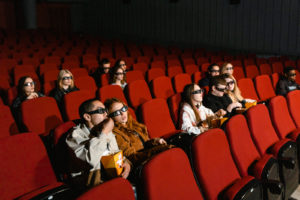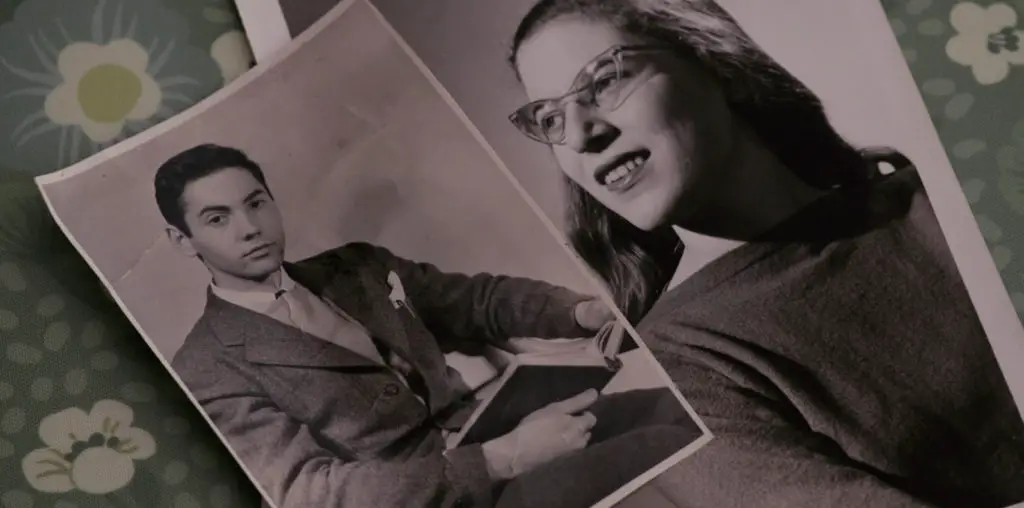
New audiences are swarming to the West End to enjoy the delight of live theatre as a result of the ever-widening range of productions that are premiering there. The West End might be intimidating for those who are visiting for the first time, but with more productions being created to welcome new theatregoers of all ages, you’ll become a seasoned theatregoer in no time if you follow our guide to going to the theatre…
Show times
The majority of West End productions run six days per week. (Monday is often a day off for the crew, although some shows prefer to perform on Mondays to take advantage of a less busy night.) The majority of productions feature an eight-performance schedule over the course of six days. The start time for evening performances is normally 7:30 p.m., while matinees typically begin at 2:00 p.m. Build some additional time into your travel plans if you are travelling to London for the performance, because whether you are at your seat or not, the performance will start at the scheduled time. You might have to stand in the back of the theatre for the first few minutes or longer because theatres often won’t seat latecomers until a suitable pause in the action.

Booking tickets
Lots of cheap London theatre tickets can be booked online through lotteries and rush tickets, which are offered on the day of a performance. However, if you want to save money without the pressure of securing same-day tickets, look for sites offering discounts that aren’t available at the box office.
Where to sit
Making the best choice for you from the numerous seating options available at the theatre can be challenging, so we’ve broken down the various options. However, even though this guidance will be applicable to many venues, the best advice is to speak with the box office of the specific theatre you’re visiting. They’ll have all the data necessary to provide you with the most thorough guidance possible:
Stalls – The stalls are the bottom tier of an auditorium’s “ground level” seating arrangement. They are also regarded as some of the nicest seats in the theatre, despite the fact that you can find yourself staring up at the stage.
Dress/royal circle – You can enter the dress circle, often known as the royal circle, by moving up one level. One of the nicest places to sit in a theatre is in the first rows of the dress circle, especially for dance shows and musicals with a significant dance component.
Grand/upper circle – The grand circle, also known as the upper circle, is located above the dress/royal circle. It goes without saying that the higher you go, the farther you are from the activity. But this shouldn’t matter too much if you’re seeing quality performers.
Gallery/balcony – While the performances will still be audible to you if you’re in a theatre big enough to have a gallery or balcony, you’ll be further away from the action and may miss the odd nuance or flicker of emotion in the actors’ eyes.
Boxes – When you reserve a box, you enjoy the advantages of having a private area to unwind away from the other attendees. However, keep in mind that your perspective may be slightly distorted if you are seated along the side of the stage.
Restricted view – There will be “restricted view” signs on some of the theatre seats. This suggests that part of your vision of the stage may be obscured. Even though the restriction could be extremely slight, these seats are frequently less expensive.
Premium – The theatre regards these seats as being among its best. They will therefore be offered for the most money. If you don’t feel like paying the premium, try figuring out where the premium section ends and reserving a seat there instead.

Do’s and Don’ts
A brief breakdown of the essential points you should be aware of in the theatre itself.
Do put your phone away – Let’s start simple, don’t take the Instagram cringeworthy “look where I am” shot of the stage; just switch your phone off altogether. Everyone will appreciate it. It is not unknown for an actor to break off mid performance to call out someone in the audience that’s been spotted using a screen device!.
Don’t critique the show – The theatre community is small. Actors, directors, and parents of cast members all exit the stage at the same time, so there’s a good chance that your harsh critique of the lead actor will be heard, most likely by the lead actor!!
Do pre order your interval drinks – The traditional delight of going to the theatre includes this cute and quaint custom. Before the show, you inform the barman how many drinks you’ll need at the interval, pay for them, and settle into your seats. Upon returning to the bar after the lights go up, you will discover the pre-ordered cocktails/wine/beer arranged on a shelf and labelled with your till receipt. Fun like this never gets old. And what’s this? There is even an app for it on the South Bank. You can pre-order drinks via the National Theatre Bars app, which you can download. (Obviously not during the show.)
Do eat – However, nothing that smells, rustles, crunches, etc. or overflows onto the person sitting next to you. To be sure your favourite speakers won’t interfere with your viewing, or those around you, perform a “scrunch test” on them. If you like, you could also just have a snack at the bar before the show. At the break, get a tub of ice cream. Go to a restaurant before or after rather than the theatre, though, if you really want to stuff yourself.
Don’t fall asleep – Prior to going to a show, make sure you get some rest at home. Alternatively, on your way in, stop at a local coffee shop and have a double shot of espresso. Snoring is impolite and inconsiderate, and the individual in the adjacent seat could respond with a series of firm shoulder taps.
And there you have it!
We hope this guide has provided you with a taste of London’s West End and some insight into what to anticipate on your upcoming trip. The theatre community is waiting to embrace you with open arms, whether you’re a die-hard theatregoes, curious tourist, or an aspiring stage performer.





